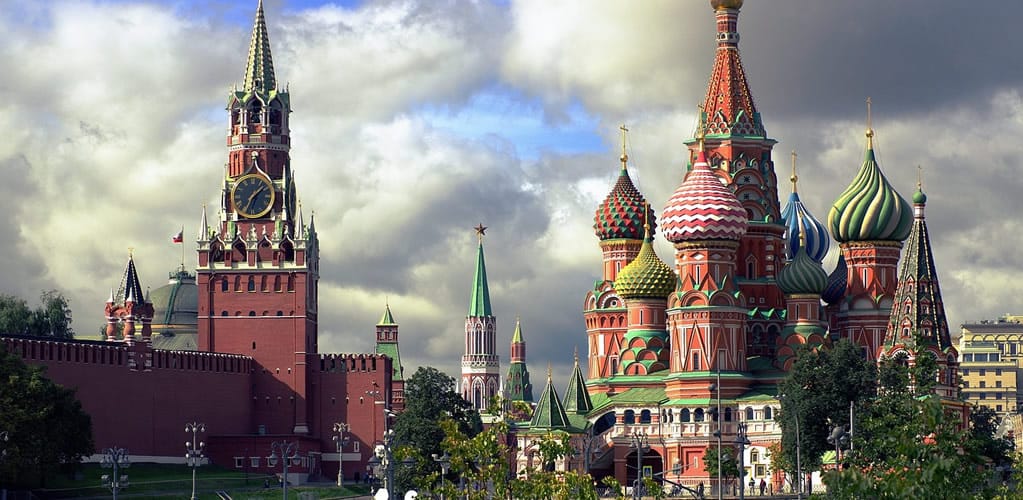Russia, Ukraine, Schrodinger’s cat and our interconnected world.
Vladimir Putin may have deliberately created a crisis in Ukraine in which everything is possible at once, including global food supplies being affected.

Vladimir Putin may have deliberately created a crisis in Ukraine in which everything is possible at once, including global food supplies being affected.
First published: February 2022.
I recently read a very interesting commentary on Vladimir Putin’s strategy with respect to Ukraine. On Bloomberg, Andreas Kluth suggested that Mr Putin may have deliberately created a crisis in which everything is possible at once. “In the same way Schrodinger’s cat is both dead and alive, Putin is in permanent superposition of attacking and not attacking, infiltrating and not infiltrating, and has the world’s attention on him.”
Xtra
Andreas Kluth is a columnist for Bloomberg Opinion. He was previously editor in chief of Handelsblatt Global and a writer for the Economist.
It’s a fascinating supposition and doesn’t sound completely bananas.
But it can’t go on forever. At some point, even the Russians have to either go into Ukraine or go away from it.
Whatever happens, it will illustrate how deeply we’re all connected.
Unlimited access to fact-based analyses, thought-provoking opinions, and expert advice.
Support PMP Magazine todayFor instance, a war in Ukraine would mean that Russia, one of the world’s largest grain exporters, would be suddenly prevented from sending supplies around the globe. Western sanctions would mean food prices would rise.
Global supply chains would also get into a bit of a snarl as commodities markets would tighten for natural gas and metals such as nickel, copper and platinum, which are used in the manufacture of most things from cars to spacecraft.
Ukraine itself is the world’s fourth-largest supplier of wheat and corn. Russian action, if any, would mean disruption of exports, something that would matter acutely to some of its biggest buyers such as Yemen, Lebanon and Libya.
According to Alex Smith, a food and agriculture analyst at the Breakthrough Institute, in 2020, half of all wheat consumed in Lebanon came from Ukraine. Yemen and Libya import 22 per cent and 43 per cent respectively of the wheat they consume from Ukraine. Ukraine supplied more than one-fifth of Malaysia, Indonesia and Bangladesh’s 2020 wheat consumption. Egypt too is a major buyer of Ukrainian wheat.
Many of the countries listed above could be roiled if wheat supplies were affected in any way.
Egypt’s President Abdel Fatteh El-Sisi would probably be counselling his Russian counterpart to get Schrodinger’s cat away from the Ukrainian border.

What did you think of this article?
🤩 😀 🤔 😴 😮 😭 🤬 🤯
— AUTHOR —▫ Rashmee Roshan Lall, Journalist by trade & inclination. World affairs columnist. |
GET THEM INVOLVED: |
Sources
- Text: This piece was originally published in Medium and re-published in PMP Magazine on 7 January 2022, with the author’s consent. | The author writes in a personal capacity.
- Cover: Pixabayessuera. (Licensed under a Creative Commons Attribution-ShareAlike 4.0 International License.)






[Read our Comments Guidelines]